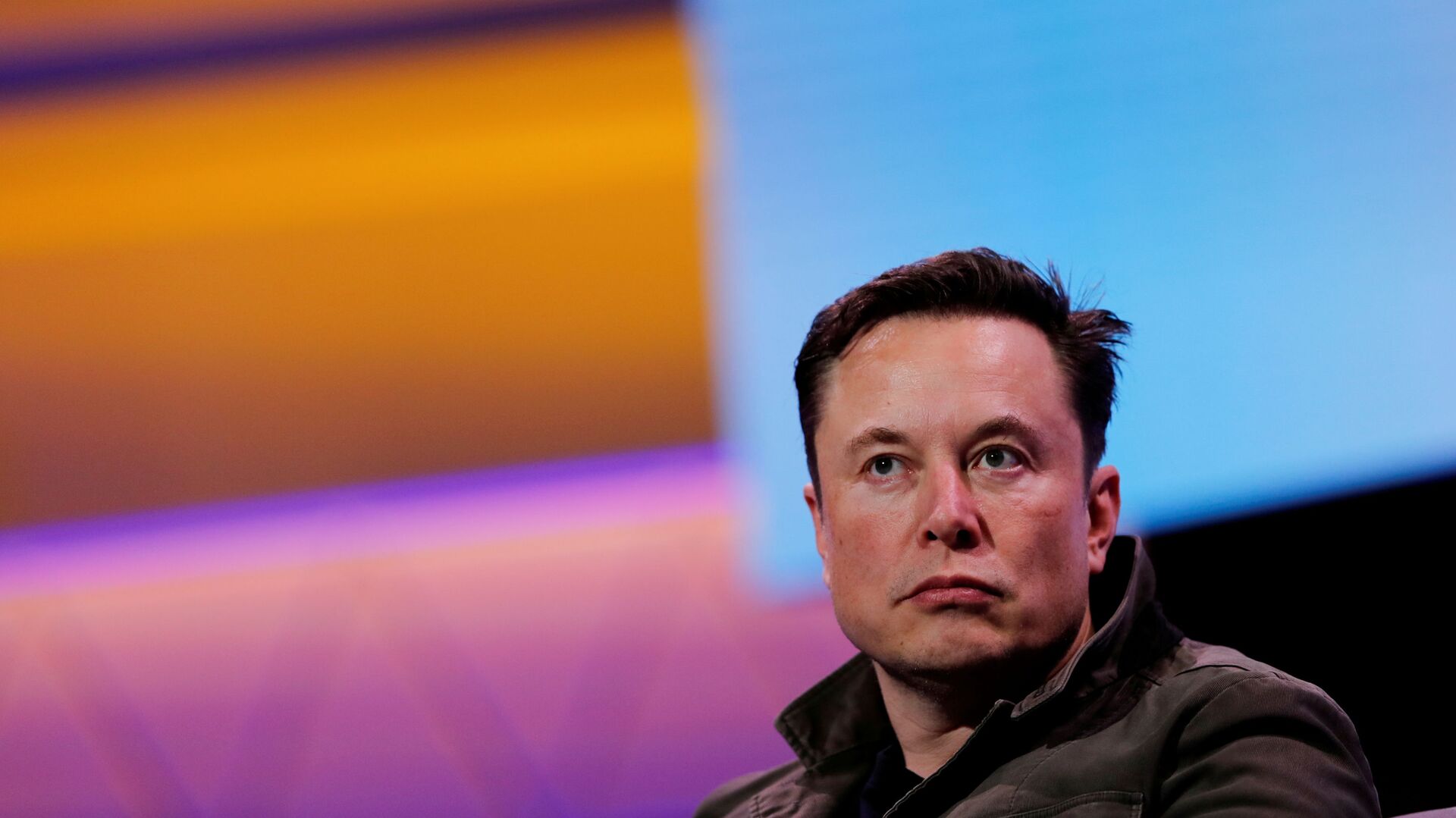Why Did Biden's Electric Car Summit Snub Tesla?

© REUTERS / Mike Blake
Subscribe
Protection of the environment and dealing with the effects of climate change are some of the biggest priorities of the Biden administration. Among the WH's plans is to invest $7 trillion in clean energy and achieve zero carbon emissions by 2050. It is for this reason that the Democrat invited major US companies to the White House.
Tesla, which is the best-selling manufacturer of electric vehicles in the United States (numbers are provided by government data), has not been invited to the clean-car summit organised by the White House. President Joe Biden only hosted the so-called "Big Three" – General Motors, Ford, and Stellantis (formerly known as Fiat Chrysler).
The news raised the eyebrows of social media users, who pointed out that not only can the said companies not match Tesla in terms of domestic and global sales (there were 20,754 Chevrolet Bolts sold in the US last year, compared to 439,760 Tesla Model 3s), they manufacture most of their car components outside the United States, while up to 55 percent of Tesla's parts are produced at domestic factories.
Maybe if @elonmusk moved Tesla manufacturing to Mexico like Ford did for the Mach-E they would have a seat at the table @POTUS?
— James Locke (@arctechinc) August 5, 2021
Apparently good paying American jobs, making 100% Electric vehicles isn't enough to be shown as an example of how other manufacturers should behave?
Other users posited that the Biden administration had snubbed Tesla for the company's anti-union approach.
I think @POTUS is unflinchingly pro-Union, which obviously clashes with Tesla’s approach.
— Jeff Schroeder (@SEJeff) August 5, 2021
The tech maverick himself commented on the issue, saying he was surprised that the company did not receive an invitation.
Yeah, seems odd that Tesla wasn’t invited
— Elon Musk (@elonmusk) August 5, 2021
So why did the Biden administration snub Telsa? Your guess is as good as ours. When White House press secretary Jen Psaki was pressed on the issue, she first said that Tesla is one of the companies that can help the Biden administration to fulfill the plan on cutting greenhouse gas emissions.
"I would not expect this is the last time we talk about clean cars, the move toward electric vehicles, and we look forward to having a range of partners in that effort", Psaki said.
When asked whether the administration decided not to invite Tesla because of the company's anti-union stance, the press secretary said the following:
"Well, [the companies that were invited] are the three largest employers of the United Auto Workers, so I'll let you draw your own conclusion", she said.
Transportation Secretary Pete Buttigieg failed to clarify the situation, simply saying that he didn't know why the nation's best-selling manufacturer of electric vehicles was not invited to the event.
In 2019, the United Auto Workers (a large union in the US representing automotive industry workers) filed a lawsuit against Tesla after the company sacked an employee who distributed a leaflet in the parking lot of Tesla's plant in Fremont, California, in an attempt to organise fellow employees. The company maintained that the individual was let go because he posted screenshots of the profiles of his fellow employees from an internal platform on Facebook. The judge ruled that his dismissal was a response to his participation in organising a union.
Elon Musk himself voiced opposition to labour unions, saying that working conditions at Tesla are the best in the United States.
During the electric car summit, Joe Biden proposed incentives of $12,500 to encourage members of the public to buy electric vehicles, but they would only be available for cars produced by unionised workers.
The Democrat himself said that he is a huge supporter of labour unions, who not only endorsed Biden in the 2020 presidential election, but also heftily donated to his campaign ($27.5 million). The three companies invited to the summit were among his donors.
During the event, POTUS signed an executive order that set a goal of making half of the vehicles sold in 2030 electric. The directive also calls for the gradual increase of greenhouse gas emissions standards, which the administration hopes will help the US achieve zero carbon emissions by 2050.


